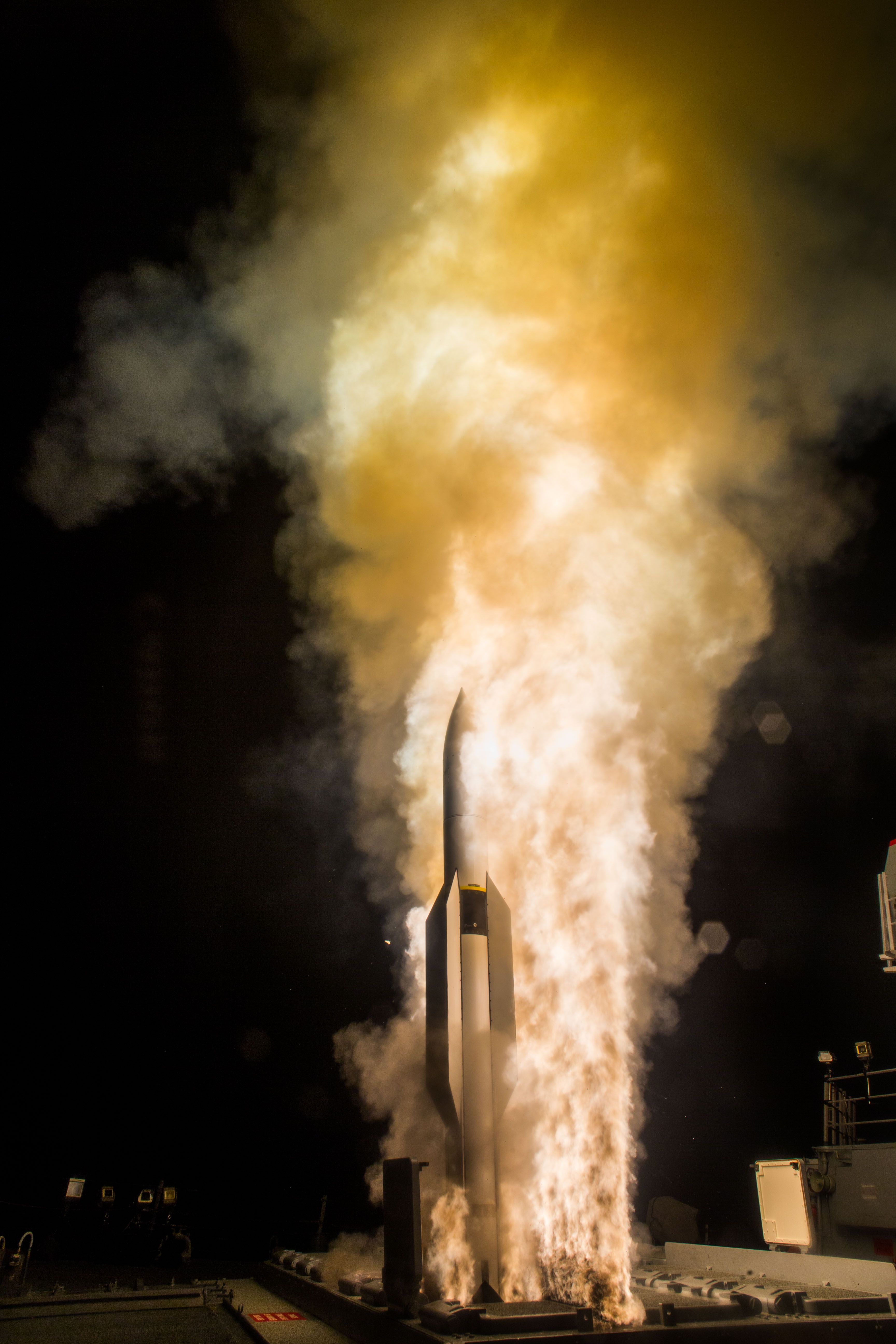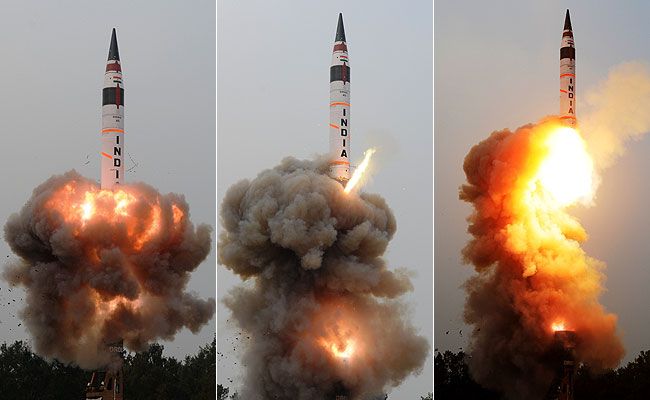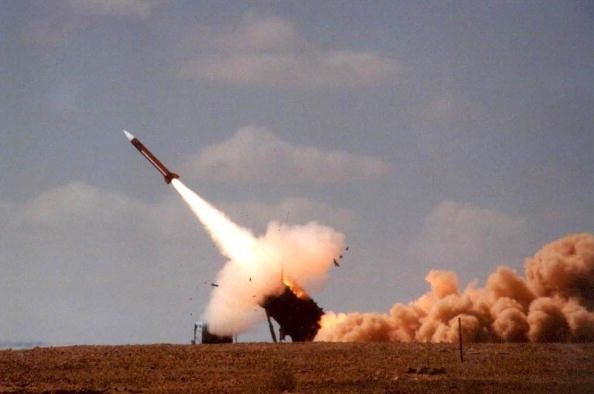Breaches, hacking, ransomware, cyber threats, weaponized AI, smart toothbrushes are but a few examples of scary tech out there to make your day less than fantastic.
Weapons systems that think on its own are in production, with governments racing to catch up on how to regulate these fast-paced advancements.
Police and military already use drones and robots to eliminate threats, but (as far as we know) it’s hardware controlled by humans.


 עברית (Hebrew)
עברית (Hebrew)




 AP.
AP.


